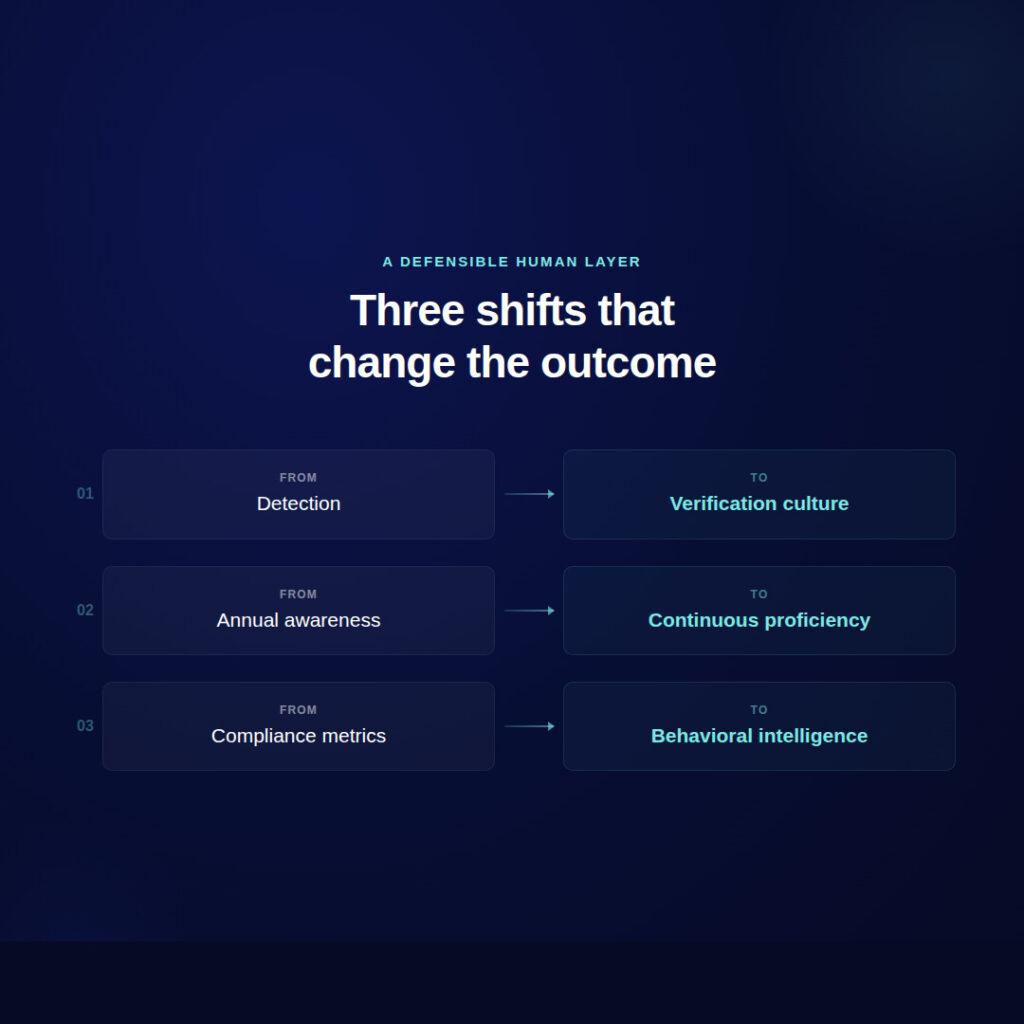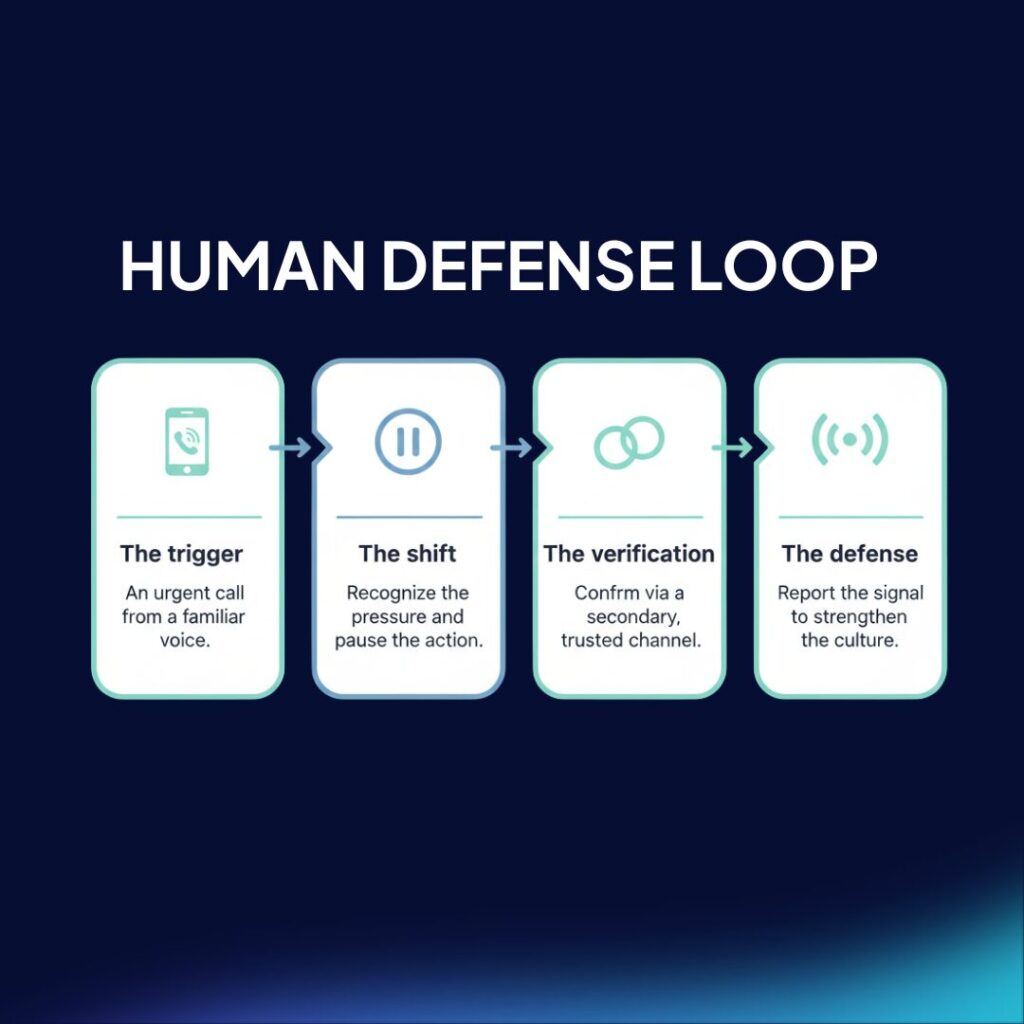Europe is at the epicenter of the 5G revolution, and this transition has stoked the importance of maintaining a robust and resilient cyber ecosystem. The European Commission and Member States are joining forces to establish a robust regulatory framework to address emerging threats and foster collaboration between governments, businesses, and citizens.
The concept of cyber resilience has become essential in this new digital era. This means focusing on the ability to adapt and recover from cyber threats, and the EU has taken the lead in developing strategies that strengthen this resilience.
As 5G is deployed across Europe, cyber security becomes a critical component of the digital infrastructure. The EU is committed to ensuring that the adoption of 5G does not compromise the integrity of its digital space.
With a strategic vision and a proactive approach to cybersecurity, Europe is laying the foundations for a resilient 5G network that will not only drive innovation and economic growth, but also protect the data and privacy of its citizens.
Cyber-attacks in Europe grow during Ukraine war
During her participation in ENISE 2023, Lorena Boix, Director for Digital Society, Trust and Cybersecurity at DG CONNECT of the European Commission, addressed the European Union’s external strategy regarding cybersecurity.
In her remarks, Boix stressed that “the EU and its member states are becoming targets of cyber attacks” and noted that, in addition,“there is an increase in attacks related to the geopolitical context”.
The ENISA report on the threat landscape in 2022 revealed that third-party state-backed actors have carried out cyber-attacks against more than 128 government institutions in 42 nations that provide support to Ukraine. This is evidence of the close relationship between cyberattacks and the global political environment.
However, these attacks are not limited to this conflict. The European Union and its member states are immersed in various complex geopolitical situations around the world, and cyber attacks have become an instrument of pressure and destabilization in these scenarios.
Ransomware, the great threat to the European Union
An additional issue that has become increasingly important is ransomware. The European Union, in particular the United Kingdom, is being hit by a wave of ransomware attacks, with more than 20 incidents per week. This has generated the need to foster international collaboration in the fight against these types of cyber threats.
In response to this ever-increasing cyber threat, the European Union has adopted a series of measures to address the situation. Actions ranging from prevention to resilience enhancement have been proposed.
Among these measures is the recognized NIS 2 initiative, which represents an effort to strengthen information security in the region. Certification and the implementation of a toolbox are part of the strategies aimed at enhancing cyber security.
Cybersecurity and 5G, together hand in hand
To highlight the importance of the 5G Cybersecurity Act, it helps to address the need to strengthen cybersecurity defenses in the European Union and ensure the protection of our critical infrastructures.
The European Union, in its commitment to avoid the presence of high-risk vendors in 5G deployment, actively promotes its“5G toolbox” during discussions with foreign nations.
In addition, in all contracts with telecommunications operators, the participation of high-risk suppliers has been prohibited. This principle is valid both in the European Union and in third-party countries with community funding for 5G deployment projects.
In a sign of its commitment to international cooperation, the Commission is not only promoting this initiative at the European level, but also in funding programs with foreign nations, especially within the framework of the City Technology Trade Council 7establishing an active dialogue with the United States.
In this way, collaboration at the global level plays a key role in promoting 5G deployment in third countries and mitigating unnecessary risks.
Cyber-resilience law, a pioneer in the European Union
For cooperation at the international level, it is imperative to highlight the importance of the Cyber Resilience Act.
This legislation establishes that no product containing digital components or software can enter the European Union without bearing the CE mark, which certifies compliance with all cybersecurity regulations, as well as the notification of exploited vulnerabilities and incidents.
However, it is essential to understand that the Cyber Resilience Act marks only the beginning of a more far-reaching process.
The need for standards that facilitate companies’ compliance with these requirements is becoming evident, and this is where international cooperation plays an extremely important role.
Several countries, including the United Kingdom, the United States, and Singapore, are also developing their own systems to protect products and safeguard citizen security.
The purpose behind these efforts is to eliminate significant discrepancies in standards and encourage convergence.
This ensures that products and systems comply with cyber security standards and prevents the exploitation of vulnerabilities or incidents in the European Union. International cooperation is essential to achieve effective harmonization of standards and ensure digital security in a globally interconnected context.
Cooperation + prevention = protection
Collaboration at the international level plays a critical role in advancing cybersecurity. In this regard, Spain has shown valuable leadership by establishing cybersecurity networks and promoting global standards, setting an example for other countries and reinforcing the idea that online security is achieved through cooperation.
In the field of cybersecurity, both crisis prevention and crisis management are equally relevant. The recent war in Ukraine has underscored the importance of cooperation with foreign nations in crisis situations and the use of sanctions to deter malicious actors.
A major project being considered by the European Union is the creation of a cybersecurity services pool. This initiative, currently under negotiation, aims to establish a pool of cybersecurity services that can be used by member states in the event of a significant crisis in the European Union.
It also raises the possibility that third-party countries, especially neighboring countries, may take advantage of this reserve, thus strengthening security throughout the region.




